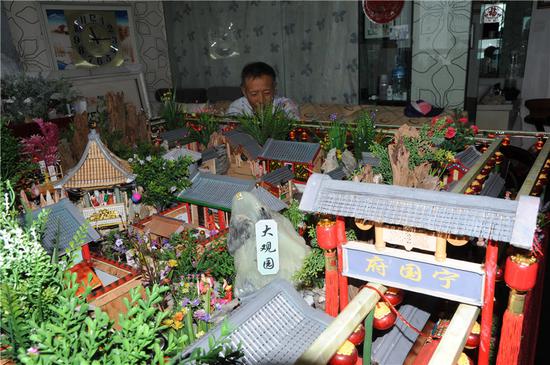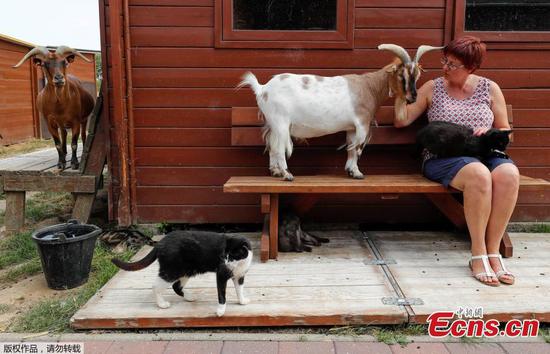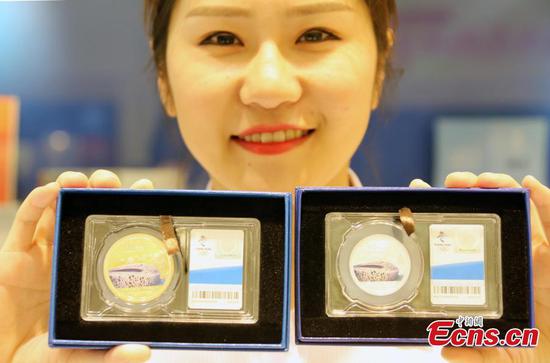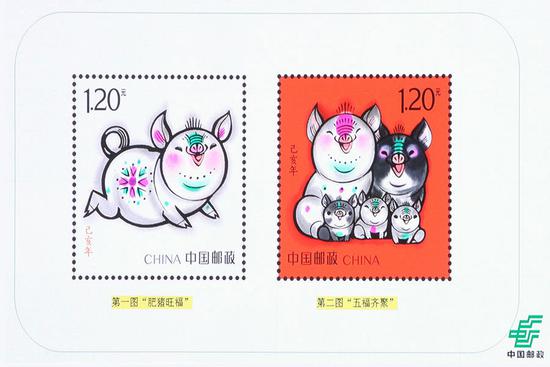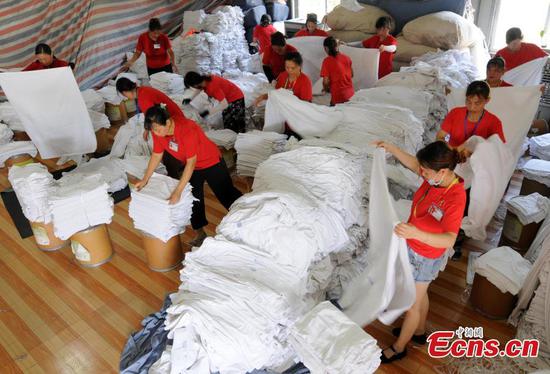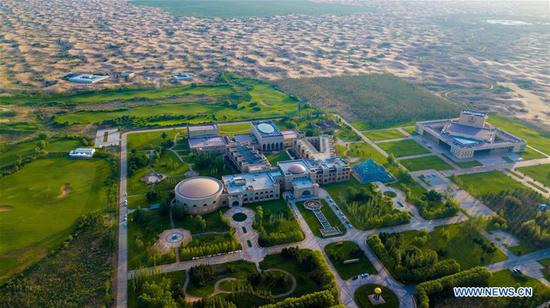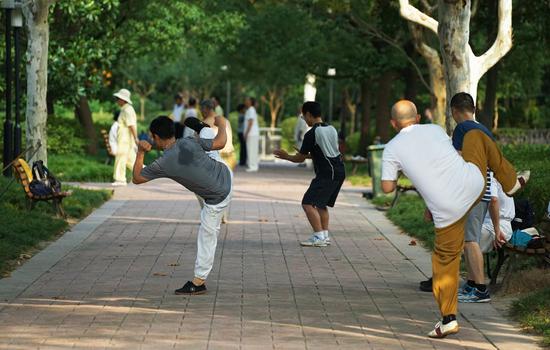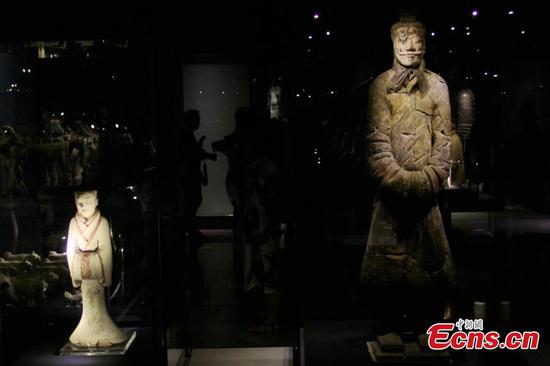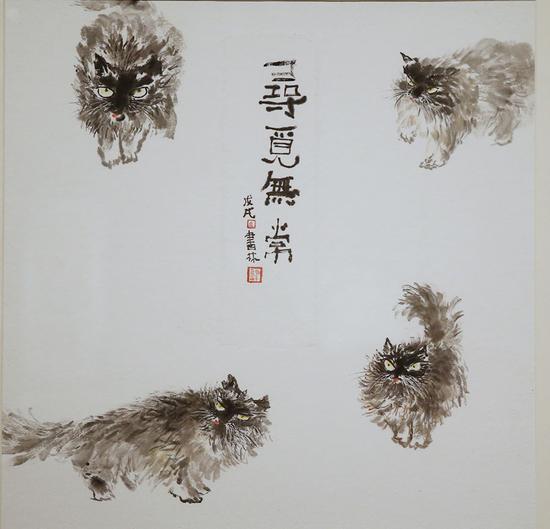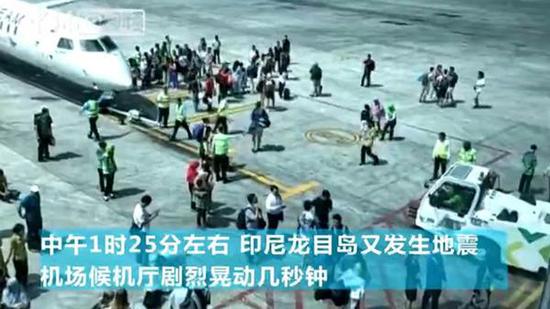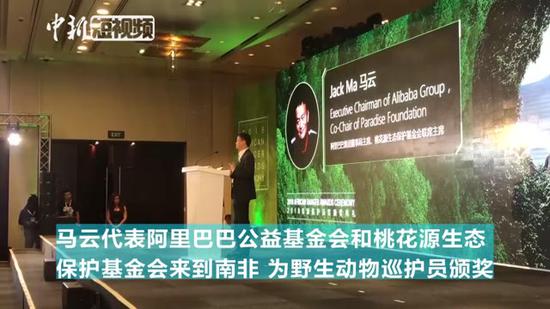Over the past 42 years, Yuan Yongbao, a farmer in southwest China's Chongqing Municipality, has been recording the income and daily expenditures of his family.
Yuan is a villager in the Yazi Village of Fuling District. Like many local villagers, he grows corn, rice and vegetable to support his family. However, in the 1970s, it was sometimes a challenge to provide enough food for his hungry children.
He began keeping track of his finances on April 20, 1976, when Yuan sold his watch for 35 yuan (about 5 U.S. dollars). With the money from his watch, Yuan took his wife and five children and moved out of his parents' house to start their own life.
"Life was hard at that time, but 35 yuan could sustain the whole family's basic living for about a year," he recalled.
Yuan, now 72, said he started to record his finances to be more careful with his spending, which eventually turned into a habit. Now, Yuan has seven notebooks full of financial records.
Like many other rural households, Yuan's family experienced a turn in fortune in the late 1970s when China started contracting farmland to households.
"We were allocated about 0.5 hectares of farmland, and started to grow rice, corn and sweet potatoes," Yuan said that with this extra land, his family had enough to eat every day.
In 1985, Yuan's home was installed with electricity, and looking through his records, he paid 0.4 yuan for an electricity meter. He recalled that the lamps in his house were the family's only luxury.
The family became richer in the 1990s, when Yuan started to do some part-time jobs in the village, helping others carry bricks and repair houses during the farming off-season.
He earned around 5 yuan every day with his part-time jobs, and with the money, his family was able to eat meat on a regular basis.
With a rising income, his expenditures became more diversified.
On Aug. 12, 2002, Yuan bought a rice husking machine for 110 yuan, making the farm work more manageable.
On Sept. 5, 2004, the family bought their first telephone for 288 yuan.
On Nov. 12, 2005, they bought their first color TV for 800 yuan.
On Aug. 15, 2010, they bought their first refrigerator for 1,800 yuan.
"We benefited a lot from the country's agricultural policies," Yuan said.
In 2006, Yuan felt a wave of relief when the Chinese government announced the abolishment of various kinds of agricultural taxes and fees, ending a 2,600-year-old agricultural tax.
In 2007, the country piloted a subsidy program to promote agricultural insurance that protects farmers from natural calamities.
Since December 2007, China kicked off a pilot program to subsidize rural home appliance purchases. Yuan received 400 yuan in 2010 when the family bought the refrigerator.
Around 2010, the village started to acquire farmers' land to develop agricultural cooperatives that focus on growing cash crops such as oranges, bamboo shoots and dragon fruit.
Yuan received 2,400 yuan per month for the acquisition of his land, and since August 2010, he started to receive a 500 yuan per month pension as a farmer who had his land acquired. In 2013, the pension was increased to 775 yuan per month, and now it has grown to 1,340 yuan per month.
Now, all of Yuan's five children work in the cities.
According to Yuan, the family of seven earned 117 yuan in 1976, while in 2018, the total income for him and his wife is expected to reach 30,000 yuan.
The couple is planning to move to a new house next year.
Yuan said the country's transportation infrastructure had improved a lot over the years. In the past, he had to take a boat to the cities, taking him more than 12 hours to reach his children's houses. Now he can take a bus or high-speed train to the cities.
"I will keep recording our family's accounts. They are not only a reflection of the history of my family but also the society," said Yuan.













